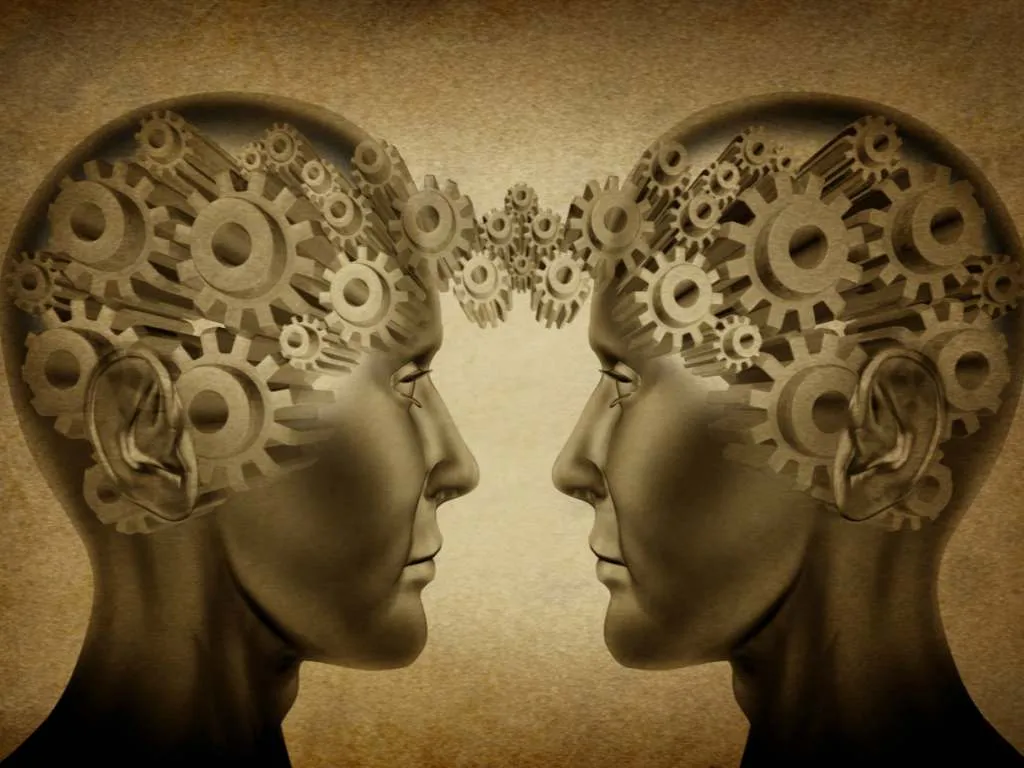
Enlightenment is finding happiness in freedom.
What is the Enlightenment? Like many other abstract concepts, the word of enlightenment does not point to anything real or concrete in the world, such as the word "tree".
The Enlightenment was one of the leading ideas of the Age of Enlightenment of the 18th century, also known as the Age of Reason. The enlightenment came in connection with the importance of the individual's use of their mental angels, science, and the diminishing of the pressure of the church on the minds of the state and people. The last one is of great importance, which I will discuss later.
It was almost inevitable for the thinkers to begin to work to shape the enlightenment or to describe it. The German philosopher Immanuel Kant, who ruled the world of ideas during the 18th century, defined enlightenment as "the rescue of mankind that mankind had entered".
"Guardianship" means being guided by others. From what point of view it can be said that people are guided by others at all times. When we see a doctor, we often assume that we have the highest authority in terms of medical matters. When we repair our cars, we usually believe what the mechanic tells us. When we go to church or listen to the news, we believe without hesitation what is said to us, especially if it confirms our prejudices.
People enjoy being under the custody of others. They catch happiness in this way and feel themselves safe. However, at the same time you can not be both safe and enlightened in your philistine shelter.
Now, Kant is right when he says that man is under the guidance of others, but ignores the fact that society is bound to it. A solid community structure is based on mutual dependence of people on each other. Even the most brilliant minds in history have been guided by, or inspired by, those who have come before themselves.
I agree to a degree that people should use their mental angels and discover things on their own, but ultimately, their discoveries will be a discovery made by someone else. We ought to trust that it is essentially a reconnaissance made by someone else, at the expense of faith * splash *. How do we do that? Well, we have to trust the reasoning of others, and so the name infinitum [goes on forever].
You can easily see that running your own investigations looks like a safe black hole or under the guardianship of others. What is the cure for this chronic illness? There is no doubt that every unit is a scientist and we can not discover the truth of our own step; none of us have enough time to part with it.
Whenever I think about this dilemma, I get a similar result about the expression of doubts. In this way, you can live a life free from dogmas. Your mind will be free to wander freely.
- Footnote: "Leap of faith" is an expression used to mean to believe / trust, even though there is not enough evidence based on one or another, experiment and observation.